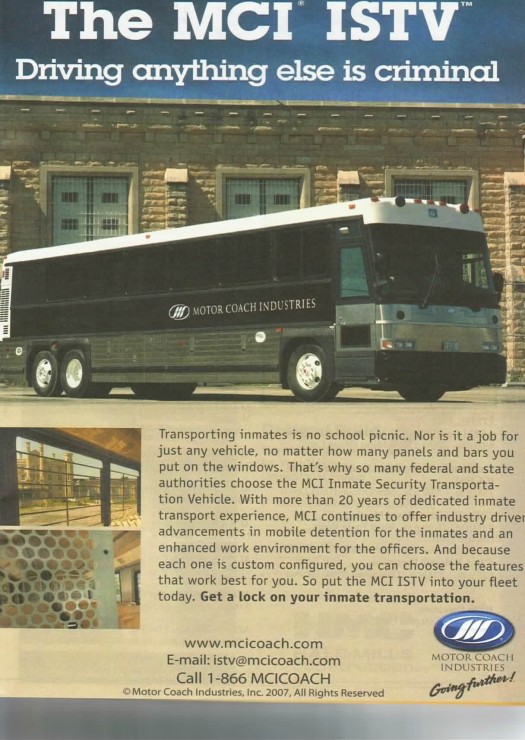The People of Arizona Should Impeach their Elected Officials…For Stupidity and Corruption
I have to admit that I am feeling sorry for some of the residents of Arizona lately. I just can’t imagine that the majority of the population could be reflective of their state’s elected leaders. I want to give these people the benefit of the doubt truly…
But then I read stories like this one: Escapes Don’t Deter Private Prison Supporter. From the article:
The recent escape of three inmates from the Kingman Prison Complex in western Arizona will not deter those who believe privatizing prisons is a good idea, they said.
“There are savings to be had with privatization. We save on daily operations. We save on capital costs. It is not a tremendous savings, but in these troubled times every little bit counts,” said state Rep. John Kavanagh, a R-Fountain Hills.
Kavanagh lead the way last legislative session to expand the private prison system in Arizona.
“Not only are we looking at additional private prisons, we’re also doing privatization of some of the functions within our state prisons, specifically, medical care, maintenance and food services,” Kavanagh said.
The state is currently taking bids for 5,000 additional private prison beds. The state is also taking bids for privatizing medical care and food services.
State Rep. Kavanagh blithely asserts that private prisons save money and yet most of the research about this is inconclusive at best. It is incredibly important that Arizonians look at the connections that their politicians have to these private prison companies. I recently posted an excellent news reportfrom a local station in Arizona which asked the governor about her ties to private prisons. I believe that S.B. 1070 in Arizona’s real aim is to criminalize more people (in this case immigrants) in order to fill the new private prisons that states like Arizona are hoping to build or attract.



